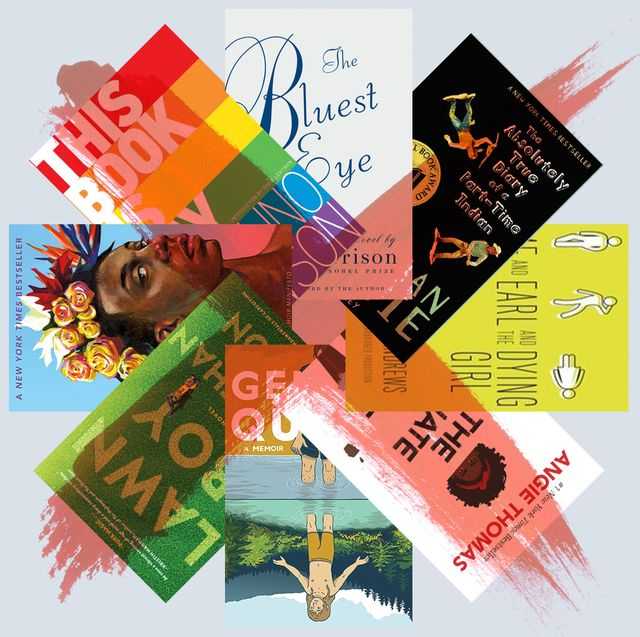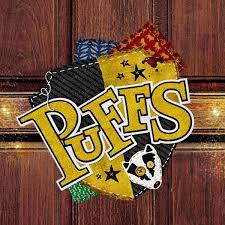Banning books harms kids and teens
For many education systems worldwide, literature is a fundamental part of teaching students about the world. But the recent trend in challenged and banned books is making this harder and harder. When books are banned they are taken out of libraries, school curriculums and sometimes even book stores. According to the American Library Association (ALA), 607 total materials, including books, films, and newspapers, were affected by censorship in 2019. And it’s only getting worse. Banning books prevents people of all ages from being educated on different cultures and different points of view, as well as depriving children of valuable experiences and learning opportunities. It’s a type of censorship, and it must be abolished.
First, banning books prevents students from learning about these topics and fosters ignorance in society. Books provide a window into the lives of people who are different from us. They educate us on the prejudice that people face all over the world. have different perspectives, information, as well as information through the author’s unique lens. Books can change students’ points of view and root out bigotry and hate. Banning books that deal with controversial and difficult topics prevents them from becoming more open-minded and inclusive. Books that have diverse characters, themes, and settings make students that have a similar experience feel accepted and included. This is a vital part of literature. Sometimes school boards and states purposely ban books that have diverse ideas and viewpoints. In 1982, the US Supreme Court’s ruling declared that “local school boards may not remove books from school library shelves simply because they dislike the ideas contained in those books” (Hollingsworth). This illustrates that authority figures that ban books do it for personal reasons, and they reflect their prejudiced viewpoints by preventing students from being exposed to the book’s ideas.
Secondly, many frequently challenged and banned books are praised classics that were once considered fundamental to learning about history and literature. Books like To Kill a Mockingbird by Harper Lee, Of Mice and Men by John Steinbeck, 1984 by George Orwell, and The Adventures of Huckleberry Finn by Mark Twain are classics in literature and have been an essential part of the middle and high school curriculums for decades are now considered to be inappropriate or unsuitable for schools. This change in viewpoint shields students from being fully immersed in the world of literature. “
Forty-six of the Radcliffe Publishing Group’s ‘Top 100 Novels of the 20th Century’ are frequently challenged”(Procon.org). This undoubtedly proves that preventing students from studying almost half of the most popular novels from the past century deprives them of learning about history and important themes that still resonate with readers today. Banning books deprives students of valuable learning experiences that they will carry with them for the rest of their lives.
Lastly, banning books silences the unique and diverse voices that exist in literature. The most widely banned books provide representation for marginalized groups that are the targets of hate in our society. “Banned books often deal with subjects that are realistic, timely, and topical. Young people may find a character going through exactly what they are, which makes it a powerful reading experience and helps the reader sort out thorny issues like grief, divorce, sexual assault, bullying, prejudice, and sexual identity,” (McMahon). This proves that books have the power to foster an inclusive environment throughout the world. Literature changes the world. Books like Uncle Tom’s Cabin by Harriet Beecher Stowe, Anne Frank: The Diary of a Young Girl by Anne Frank, and The Feminine Mystique by Betty Friedan, prove that literature has the power to spark social change and justice. Books introduce new views and ideas in relatable ways. Banning books like these deprives people of reading enjoyable, relatable stories or being exposed to new ideas.
Although some argue that banning books prevents students from being exposed to violent and inappropriate content, often people have different ideas of what’s “appropriate”. Books like I am Jazz, an autobiography by Jazz Jennings, a trans woman, have been banned because some people are not accepting of LGBTQ+ stories. But to other people, this book is relatable and eye-opening. The Hunger Games by Suzanne Collins is frequently challenged under the guise of violence, but to many, the characters’ choices and morals send a message that far outweighs the violence in the novel. Instead of banning books, school districts should give parents the option to opt-out of some books instead of restricting the education of all students.







Adrian Epperly • Mar 9, 2023 at 11:29 am
The censorship of books most of the time is a bad thing, like parents keeping their kids from other perspectives is very wrong. I have witnessed and heard homophobia and mistreatment towards the LGBTQ+ community in my school many times, and it needs to stop immediately. While close-minded censorship can be bad, there are some censors that are meant to be kept. For example, books that have swearing, cursing, sexual content, and other inappropriate things are meant to be kept away from the eyes and ears of children. I see many students acting 18+ in my school as well. Many inappropriate noises and gestures are heard every day.